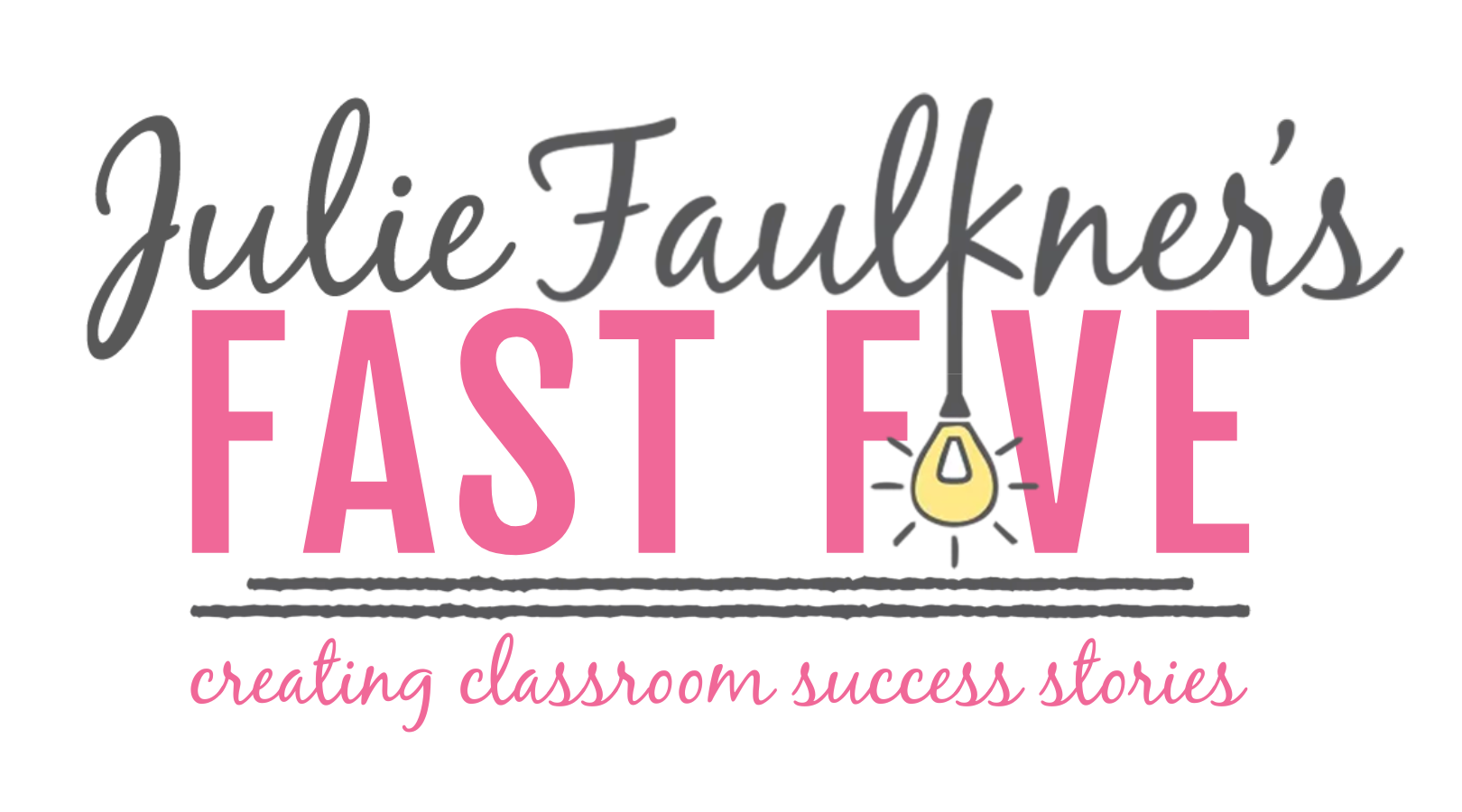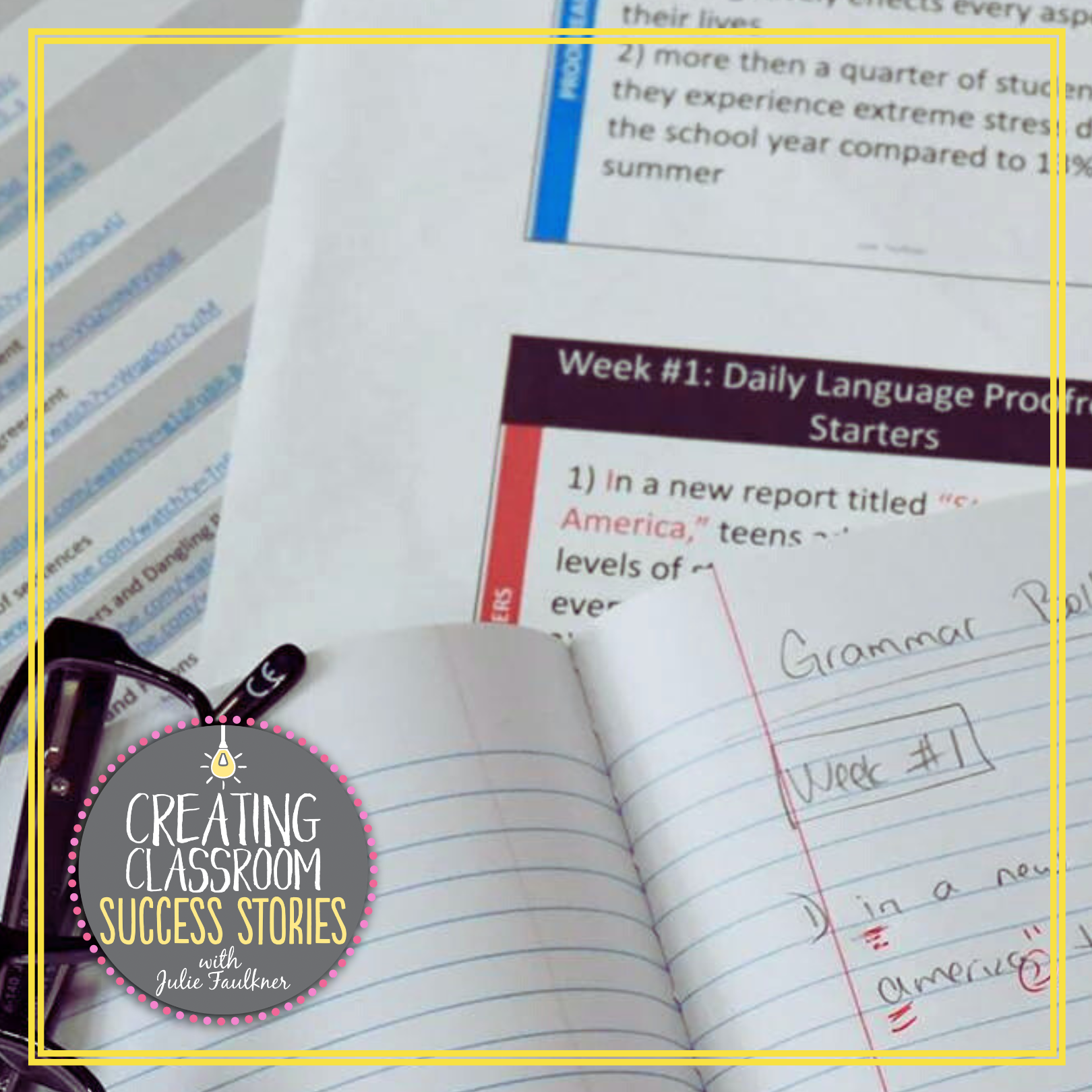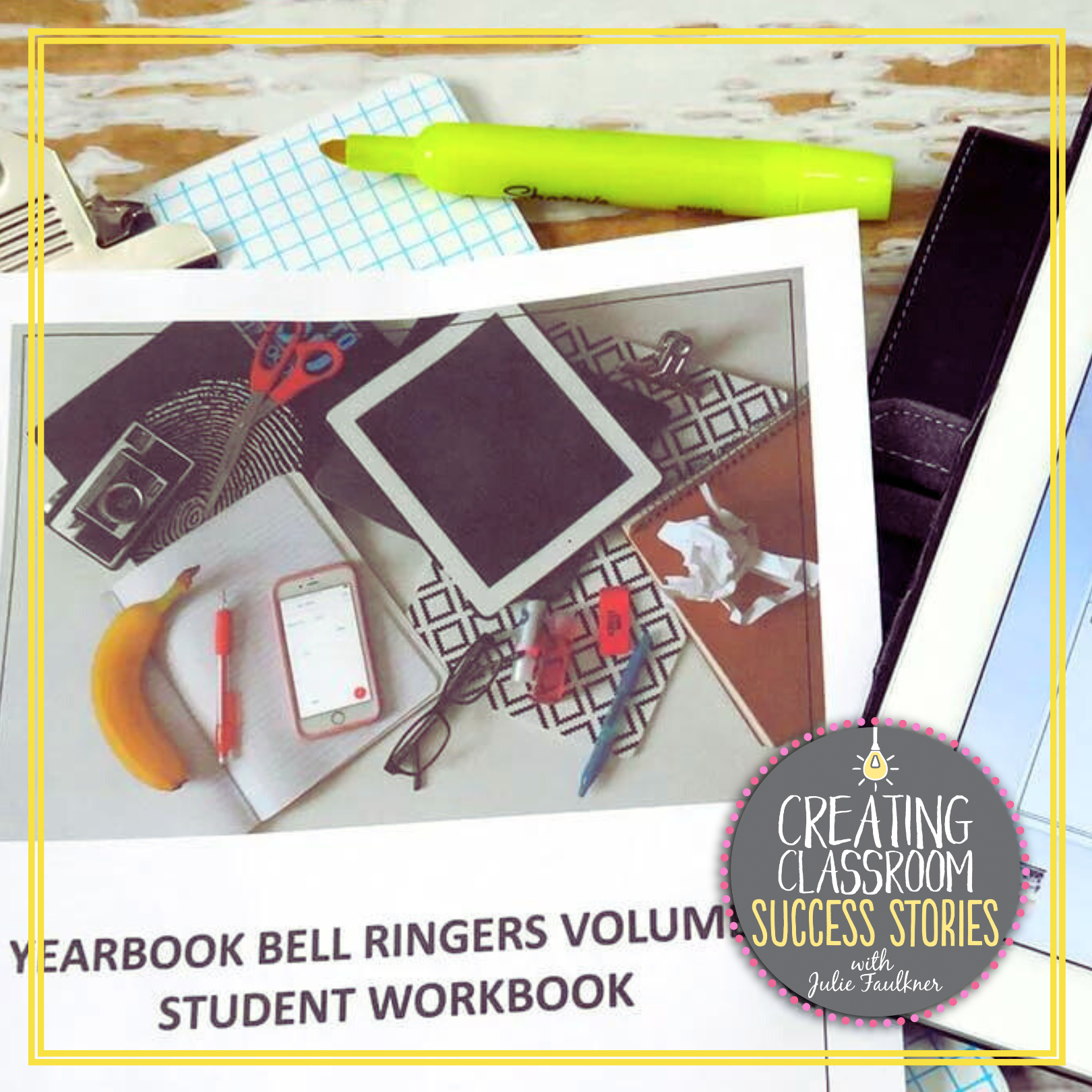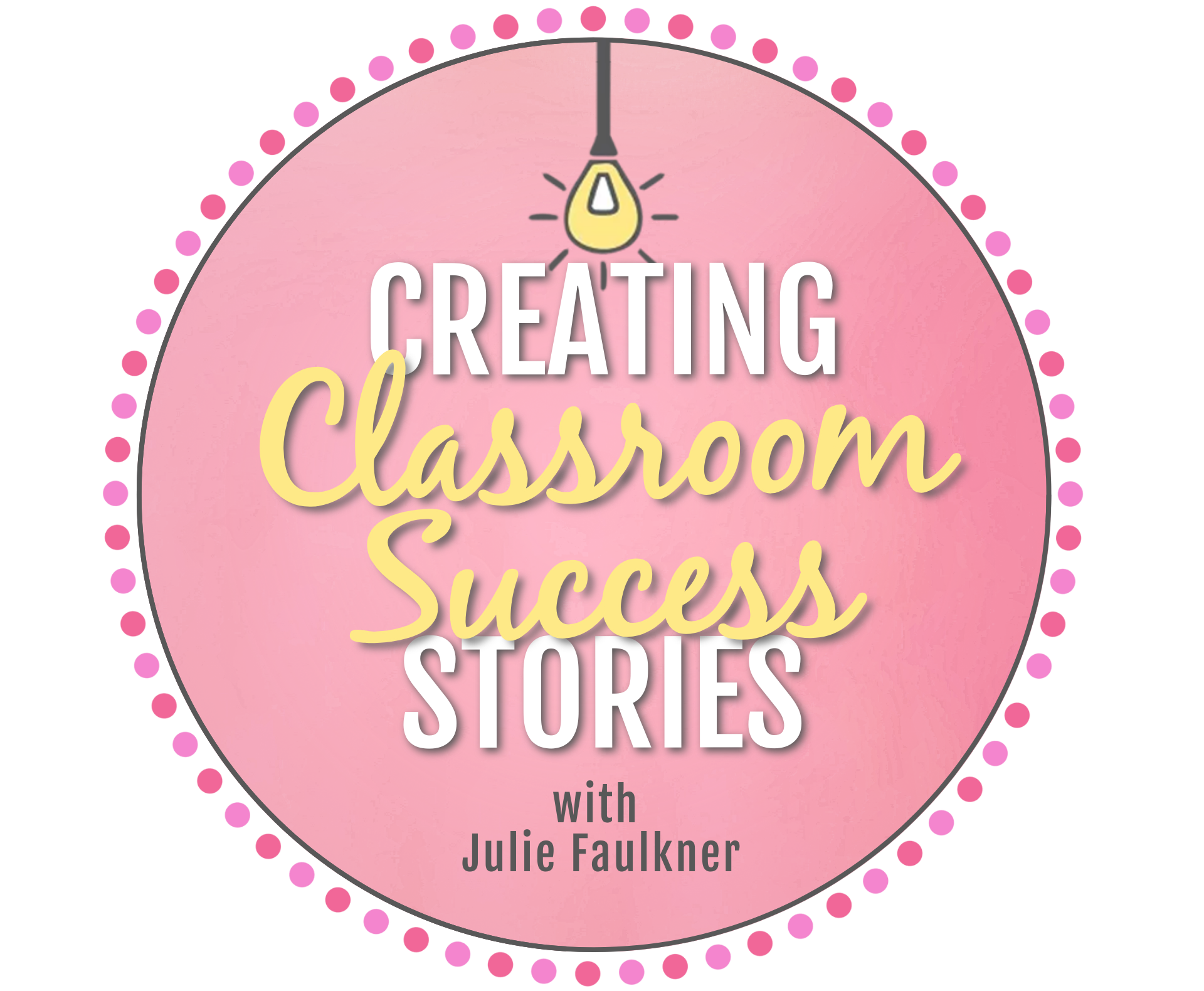Interview with a Veteran
High School Principal
As a classroom teacher, I often wonder “What is my principal really thinking?” So, I asked one, and I’m pleased she was open to discussion. Connie Dunn is a former principal of the middle school in my district. She was a principal for over ten years, and before that, she was a high school English teacher. She is now retired after serving 45 years in education. I’m really excited to share with you her thoughts, advice, and experiences in this interview with a veteran middle school principal. I think you’ll enjoy her candor and transparency as well.
Meet Veteran Middle School Principal, Connie Dunn
1. Describe your journey to administration, including your position now.
"My journey began in administration while I was working on my EDS. I had completed my Master’s Degree in Curriculum and Instruction and did my EDS in Leadership. It was at that time that I was really interested in becoming a principal. During my teaching career, I have always taken leadership roles. When I had completed my degree, I continued to teach but thought constantly about becoming an administrator. I began applying for positions and became the Assistant Principal at the newly formed middle school in our county. Three years later the current principal was moved to another position, and I became the principal and have been there since. Prior to being an administrator, I taught high school English for 30 years. I taught regular English classes, AP classes, remedial classes, Applied Communication, and mythology. I also taught summer school classes. I will begin my 43rd year in the educational field this August."
2. What does a typical day look like?
"I usually arrive early each morning. I like to check the building and be there as teachers arrive. After morning announcements, I like to stroll through the building. From there, there is never a typical day. I may never have to deal with any issues and stay in my office to complete reports, etc. Or I may never sit down after I arrive because there are people or situations that need attention. A typical day is that I never know what to expect."
3. How do you support teachers?
"I support teachers first and foremost by listening to what they say. I want them to know that I am there for them and that I am hearing them. I make it a point each month to recognize teachers with some token of appreciation, from a Sonic drink to a full meal. But the biggest support I give is to listen and follow through. I begin every school year by conducting individual conferences with each teacher. The conversation is centered around, “What is your goal for the year, and how can I help you accomplish that?” It is a question that allows them to think about what they want to accomplish and that I will be there every step with them. I also established an active Leadership Team. This team of teachers can bring things to the table that I sometimes miss. I like for the Leadership Team to meet with teachers for input on scheduling, events, etc., and bring their ideas to the table."
4. What are your biggest challenges?
"My biggest challenges come from the lack of support from the community or negative comments about the school. Middle school is a difficult age level for students, and the changes taking place for students many times are projected as problems with the school community. We work consistently to support parents and students to change that perception."
5. How is being an admin different from being a teacher?
"Being an administrator is different from being a teacher because I work with all stakeholders. I must always know what is occurring in and around the building and classrooms. I must know what it takes to be proactive in not only giving students the best education possible but also to support teachers as they work with students. Additionally, I must be proactive in providing a safe environment for all. As a teacher, I focused on the students in my class and what it took to provide them the best education I could give them. I didn’t have to think about the daily operations of the building."
6. What has been your most successful moment as an administrator?
"My most successful moment as an administrator has been watching struggling students succeed with teachers who are caring and have helped them succeed. I have watched new teachers grow into strong leaders in the classroom. At the end of the day, success is measured by the level of those who are learning."
7. How do you conduct, manage, and encourage communication between you and your staff?
"I grew up in a small rural community. I went to school in the same system in which I now work. I was able to return to my home and get a job teaching. I taught most of the teachers in the building where I am now the principal. I feel that this is an advantage I have as an administrator. My staff knows I will do what I say, and I listen to what they say. I have an open-door policy to encourage communication. Having a Leadership Team to serve as my liaison also helps keep an open line of communication."
8. What advice would you give to teachers who are selecting resources, curriculum, teaching tools, etc. for their classroom?
"Many times, as is the case in my system, the money for resources is not always available. I encourage teachers to use other teachers, to communicate with other systems, to share what they can. The best advice I have for teachers selecting materials for the classroom is to know the standards. If they do, they will be able to select quality resources that strongly, adequately, and effectively support teaching and learning."
9. What do you want to see in classrooms regarding discipline? What works? What doesn’t?
"What I seek in classrooms for strong discipline is a teacher who is confident in the content being taught and conducts himself/herself as a leader. Students perceive a teacher who is not confident or not a good leader. Teachers need to show students that you want them to succeed. When students are engaged in learning, discipline will take care of itself. What doesn’t work is trying to be a friend. Being a friend and being friendly are not the same thing. You can earn respect from students if you show you care about their education. Never give “free time.” Even reward time can be a learning experience. My advice is to ask yourself this: 'What do you want for these students, and how are you going to help them accomplishments that?'"
10. What else would you want teachers to know?
"I would like for teachers to know that “Teachers do hold the success for our future in their classrooms.” Challenge those minds. Teach students to think and seek not only answers but also to ask questions that lead to further thinking."
After the interview, Ms. Dunn said it was a bit difficult answering questions about herself. I get that. Principals and teachers aren’t typically focused on themselves, and we don’t often stop to think about why we do what we do. We chatted about how reflection, though, is such a huge part of growth for the person who is reflecting and those who benefit from the ideas shared out. The veterans in the profession have so much experience and knowledge to share; I encourage you to see those people out in your building and district. Thank you, Ms. Dunn, for being willing to reflect and share this point of view.
Love this content?
Sign up for my email newsletter with more tips, ideas, success stories, and freebies!













